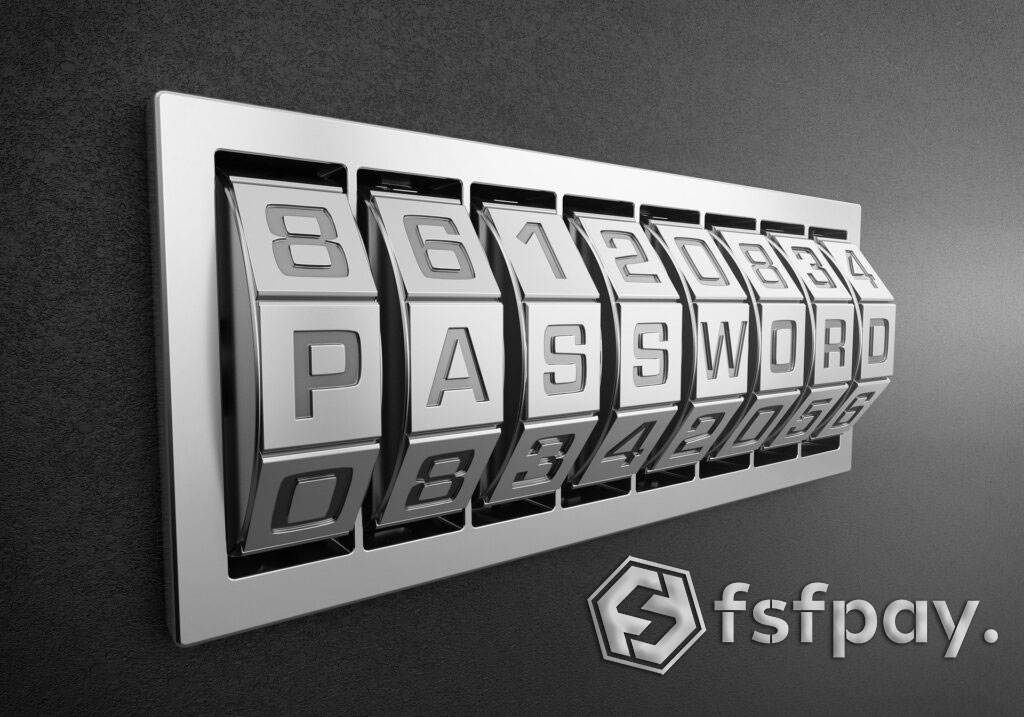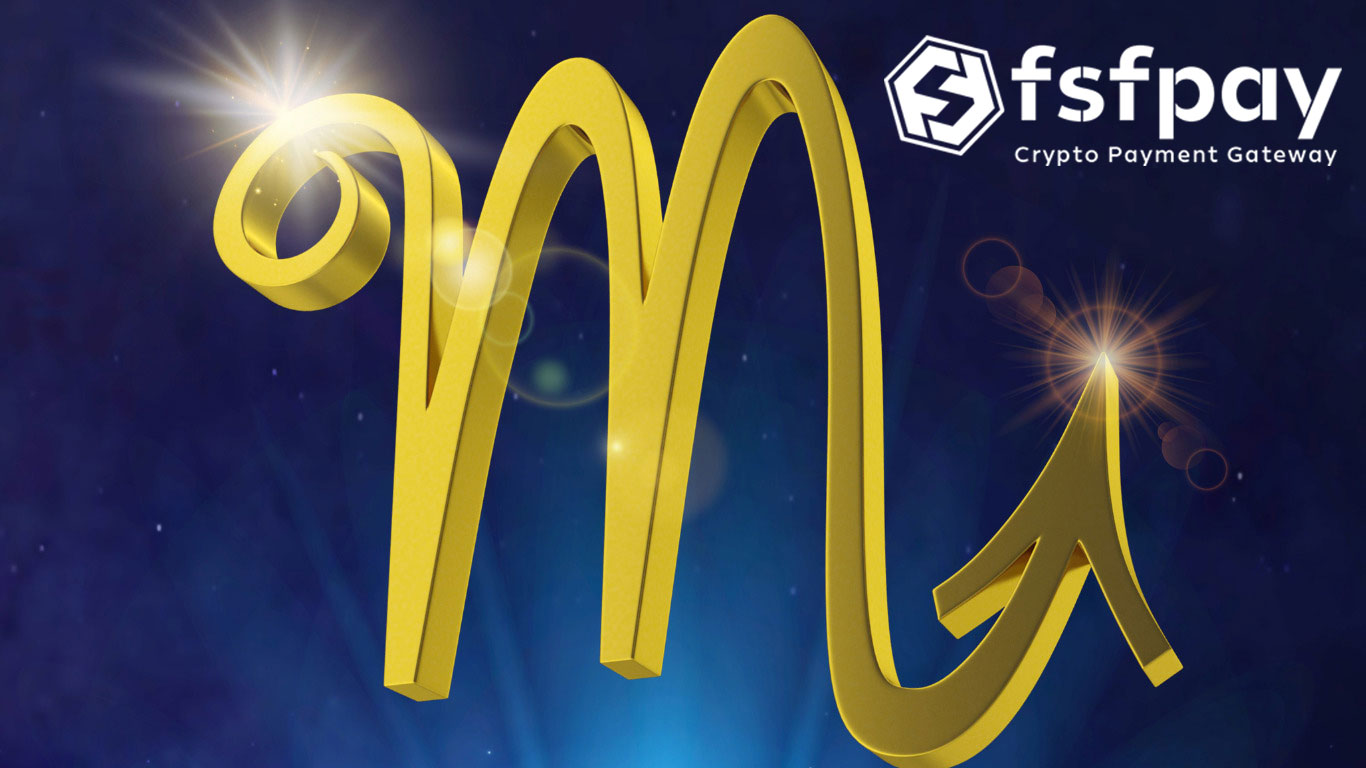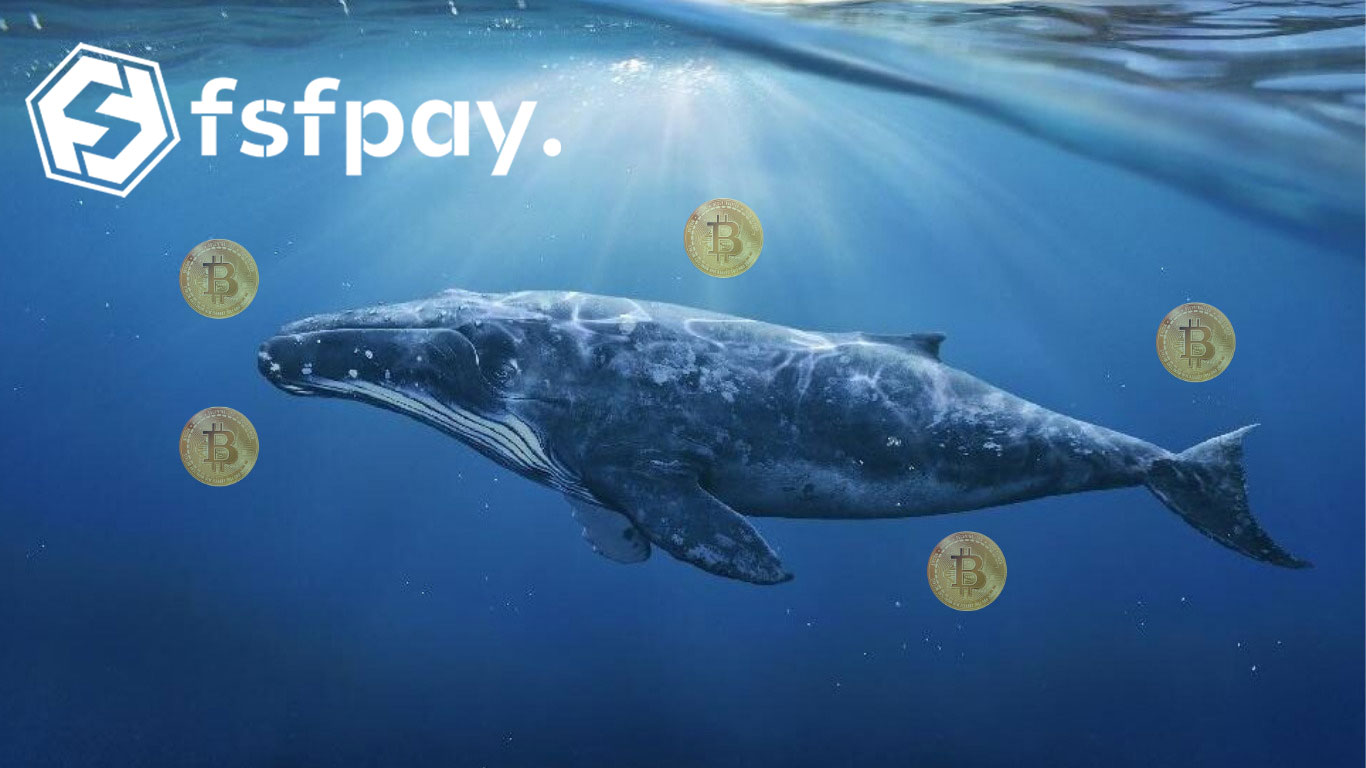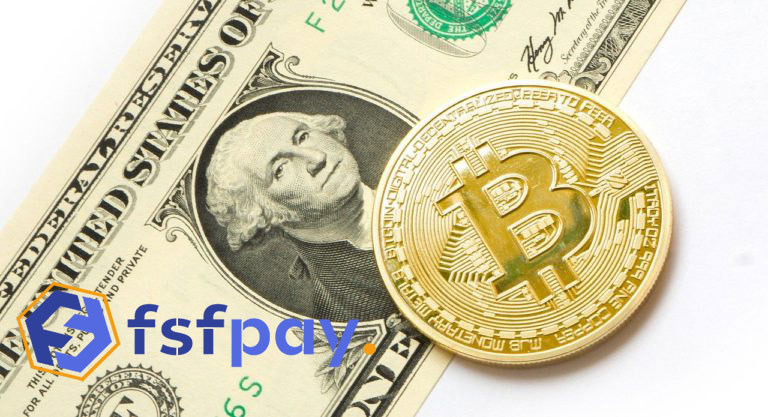

What is Phishing? Protection Methods
With the accessibility and widespread use of internet-based services and devices by the masses, many routines in our daily lives have become connected to our mobile devices. Today, it is possible to shop, transfer money, manage our financial portfolio and even trade cryptocurrencies with mobile phones and computers from anywhere we can connect to the internet. The fact that a significant part of our lives is integrated into the internet brings some threats as well as innovations and advantages.
One of the attacks that threaten user security on websites is "phishing". Phishing is a cyber-attack in which malicious person or persons aim to obtain people's confidential information such as identity, password, bank or credit card by pretending to be a reliable institution. These people sometimes contact their targets by phone, e-mail or text message; sometimes they try to obtain people's information by copying the websites of trusted organisations.
How secure are the adverts we see on other websites and the links we click on that come via e-mail, text message or social networks? By copying the homepage of a very reliable financial institution or the e-mail service we use every day, there may be malicious users who want to obtain this information in the background of a website where we enter our personal information, password and even SMS verification or 2FA password without noticing a single letter in the address bar.
The most important precaution to be taken in this regard is to enter the web page you need by typing the address of the website yourself and checking whether there is "https://" in the address section, not by clicking on a link or a link sent via text message or using a search engine. Apart from this, it is useful to be careful against messages from telephone, e-mail or social networks that ask for your username and password information. It is recommended that you ignore messages and calls from unfamiliar contacts requesting your personal information and, if necessary, contact the organisation securely. In order to protect against pishing or any similar illegal and malicious actions, users must first be conscious. A user who is knowledgeable about the traps that may appear on the Internet can easily be protected from these dangers.
Random Post

Personality Analysis of S...
The cryptocurrency world is growing day by day and has become one of the most interesting financial markets. It takes courage to take part in this dynamic and volatile market.

500 Million Dollars of Bi...
A cryptocurrency whale has accumulated over $500 million in Bitcoin since the beginning of this year. According to blockchain information, a Bitcoin whale started buying Bitcoin...

Meet Bitcoin, What is Bit...
On 31 October 2008, an email was sent to the cyherpunk group. This e-mail, sent by a user named Satoshi Nakamoto, was attached to an article written in a purely academic format....

